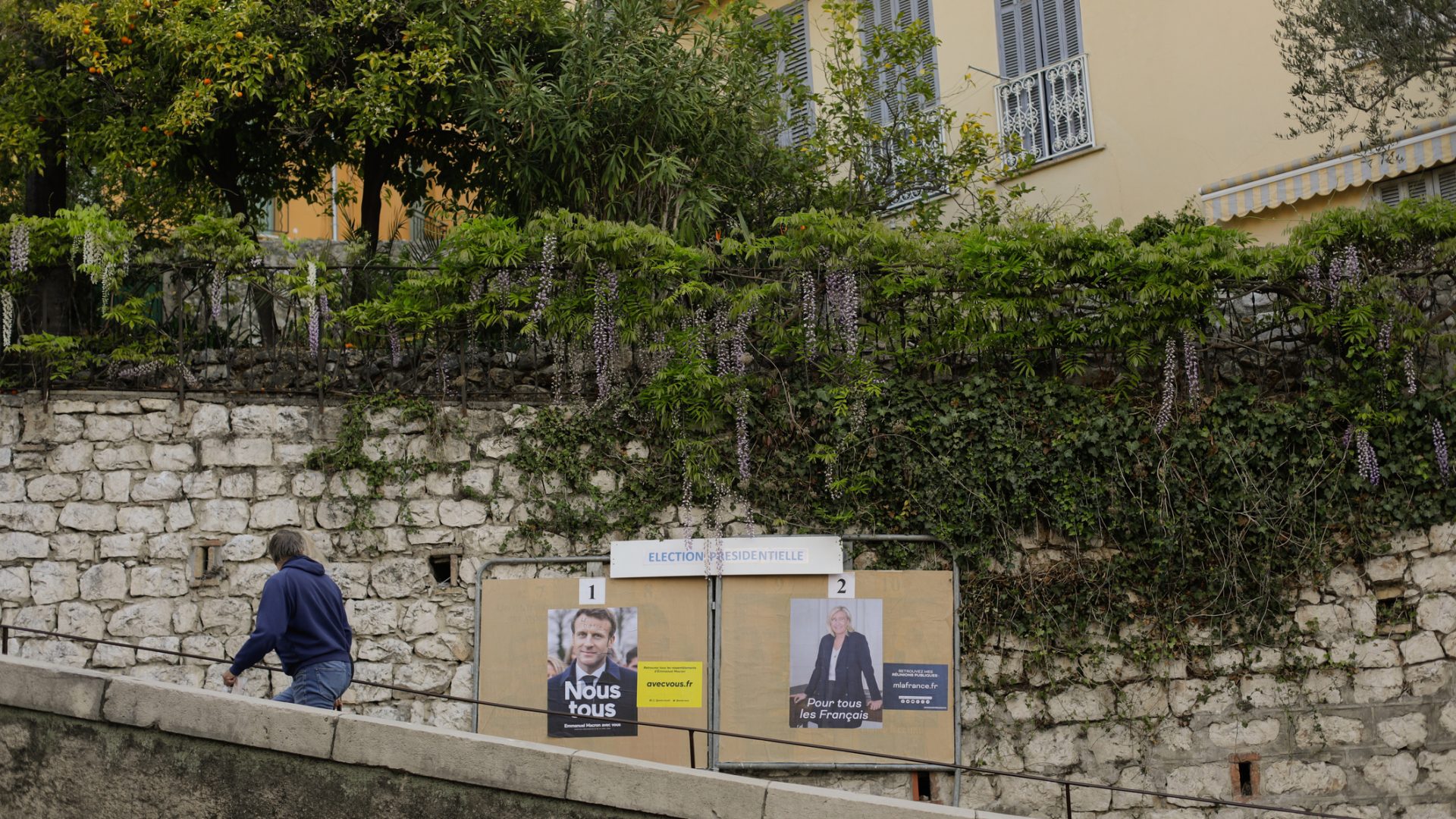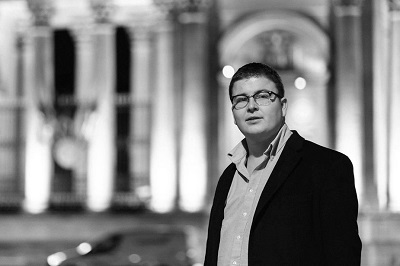
French presidential elections 2022
While the presidential election of 2022 has just ended with the re-election of the president-candidate Emmanuel Macron, several questions legitimately arise at a time of democracy weakened by the extremes.
With, in the 2nd round, a historic abstention of 28.01%, not counting 8.6% of voters who chose to vote blank or void, the election of a president as the one and only democratic way for the French Nation is no longer a dream. This is truer that it is worth noting the nearly 55% of votes cast in the second round in favor of the extremes: this demonstrates a major desire for “change” in the functioning of the French country. So, with a re-elected president talking about a “new method”, a change of course for this new five-year term, will these promises be enough to calm the country and provide enough oil for the functioning of the institutions?
The protest movements in the evening and the day after the second round do not necessarily augur well and are more rooted in a status quo, as if the country were holding its breath, waiting for what is already expected to be the third round: the legislative elections. The presidential majority has been vigorously criticized for its vision of the presidential election, criticizing it for “stepping over” the election, and yet it was already during the period between the two rounds that the question of the legislative elections was being discussed more in the media and by several political families.
At this time, France’s eyes are riveted on the legislative elections of next June. The re-elected President is also focused on the elections, to the extent that he has still not made his traditional visit to his German counterpart. However, with the stability to come for the next three years around the Franco-German couple, we can expect strong initiatives on the part of these two countries around proposals for the functioning of the European Union and in the prospective of its future. Even if the results of the upcoming legislative elections will have an impact on France’s influence at the European and international levels, it is certain that the re-election of President Macron will allow France to remain a figurehead on major issues such as the Green Deal or the Digital Services Act, but also, strengthened by the support of Ursula von der Leyen, on the issues of strengthening strategic autonomy.
Finally, yes, “France always has something to say to the rest of the world”. Faced with the extremes, faced with the breathlessness of democracies and of our learned societies, the necessity of a drastic change of method is imposed. Including, perhaps, on the modalities and forms of our democracies.
